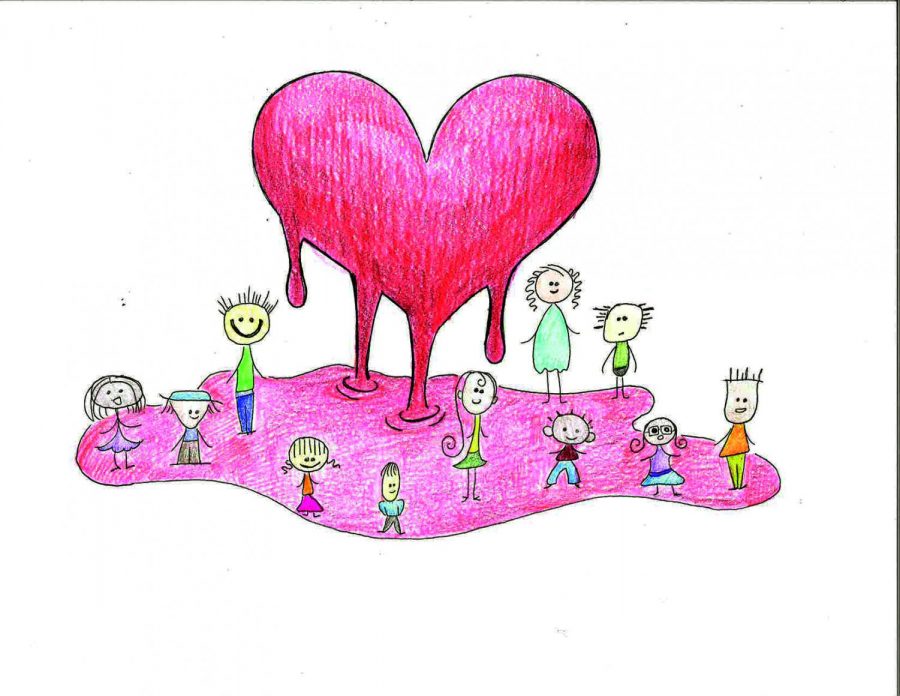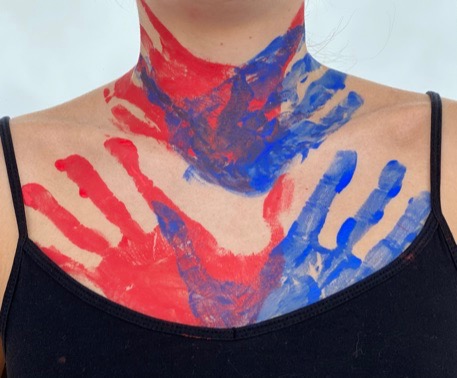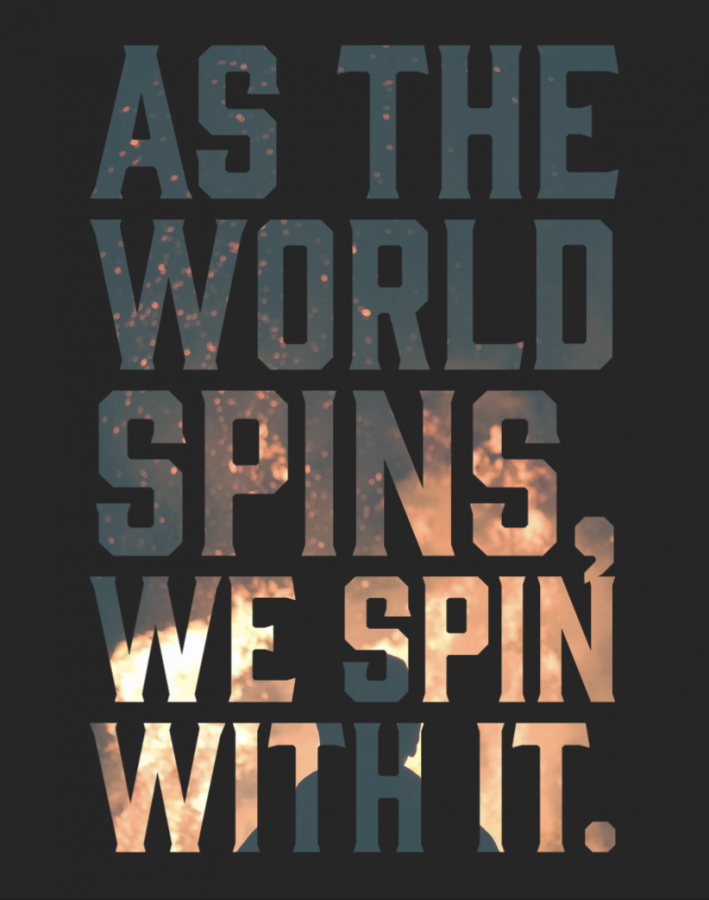Mere decades ago, it was acceptable wisdom to know that some people are better than others at certain things and more deserving in different situations. Assigning degrading and demeaning titles to groups of a particular gender, race, religion, or based on a disability was the norm.
We have greatly advanced in this area, particularly as it deals with education. In times past, teachers were not expected to take students’ feelings and self esteem into consideration. Their job was to talk at you, not talk to you. We are not saying that all teachers acted this way, of course, we are just saying that society’s expectations were less about creating a well-rounded human and more about imparting knowledge on a child. Oftentimes, teachers had little regard for students’ unique personalities and views, but now classrooms are built to create healthy and secure people.
It seems that we can blame this insensitivity on all of the hardships of the past, perhaps it is easier to understand why they didn’t pay too much attention to “trivial” matters, such as feelings and self-esteem. Physically, we are much better off; not as many people are dying due to hunger or simple infections. This puts us in a position to dwell on our emotions and take into account others’ feelings.
Has being too sensitive come at a cost? Has the deliberate, commendable avoidance of focusing on others’ weaknesses also led to a reluctance to focus on strengths—for fear that it will hurt the confidence, feelings or self-esteem of those who don’t possess those traits? Is this reluctance squelching the drive and motivation to pursue these unique talents and passions?
We aren’t all the same; we don’t have the same backgrounds or interests, and we don’t excel in the same activities; so why does everyone make it a big deal to push for equality of outcome? If two people are in the same exact situation and one works harder than the other, it is fair for the person who worked harder to have a more successful outcome. On the other hand, equality of opportunity is essential; we must try to make the chances of succeeding as equal as we can, but the outcomes of everyone’s lives should not be the same.
Going along with this idea: a kid in school is not going to be hurt by the fact that she isn’t a math whiz if she knows that she is an artist, or that she is unbeatable on the court. Not everyone has the same talents, so others don’t need to praise someone in a situation undeserving of the praise. As a generation, we have been taught to either treat everyone exactly the same, or say nothing at all and silence ourselves so we don’t “hurt another person’s feelings.” It seems like people are too hung up on labels. It’s human nature to label people, but we need to realize when these labels go too far, we need to just ignore them. We are so afraid to offend people that we have become fake, to a point.
This day in age, many people don’t have thick skin, and, as a result, people don’t realize what is true and what is not true. Because we have learned to be ultra-sensitive, we have put ourselves into an almost boy who cried wolf situation. We too often complain and take things seriously, but when the time comes where we actually need to be serious and take action, we don’t.
An attitude that all are equal and everyone is good at everything, while it’s certainly healthier than the insensitivity that was once prevalent, will probably lead to mediocrity. Praising someone for a talent they know they don’t possess leads to a lack of trust. Even though these compliments are mostly of good intentions, they ultimately breed dishonesty.
We must always be respectful and sensitive towards one another, but this sensitivity cannot originate from pity and a desire to build self-esteem; instead, it should come from a genuine appreciation of others’ gifts and accomplishments.














